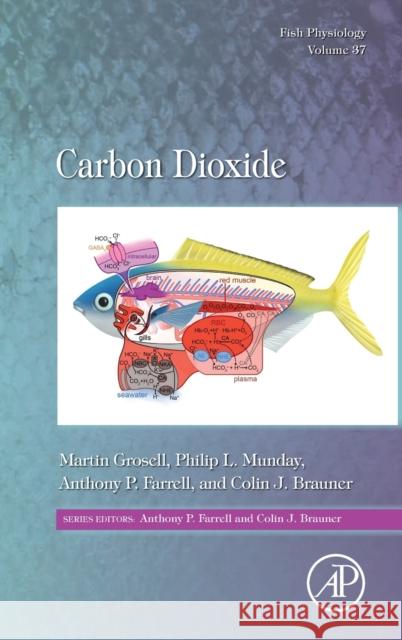Carbon Dioxide: Volume 37 » książka
topmenu
Carbon Dioxide: Volume 37
ISBN-13: 9780128176092 / Angielski / Twarda / 2019 / 430 str.
Kategorie:
Kategorie BISAC:
Wydawca:
Academic Press
Seria wydawnicza:
Język:
Angielski
ISBN-13:
9780128176092
Rok wydania:
2019
Numer serii:
000055447
Ilość stron:
430
Waga:
0.74 kg
Wymiary:
22.86 x 15.24 x 2.39
Oprawa:
Twarda
Wolumenów:
01
Dodatkowe informacje:
Bibliografia











